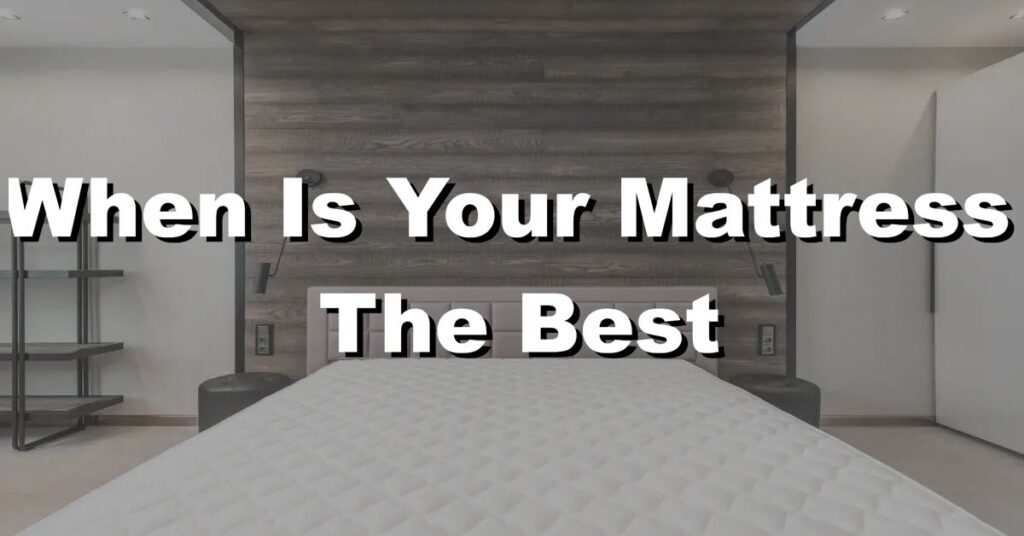New York City mattress retailers are bracing for a wave of high-end sales in the coming months as consumers seek the best quality mattress in a price range that includes mattresses priced at $2,000 to $4,000.
While some of the best-selling brands such as Sperry, the makers of the award-winning Sleepy’s Sleep Comfort, have long struggled to find buyers in New York, a number of smaller mattress makers, including Sleepy, are expected to enter the market as they seek a niche.
According to Mattress Research, the New York State Office of Consumer Affairs (OCA) has approved nine mattress manufacturers, including Bed Bath & Beyond, Sleepy and New York-based Sleepy Beds.
The OCA has approved 13 mattress manufacturers in total, including Mattress Firm, New York’s leading mattress maker, and several smaller retailers such as Sleepy A.M.C.O., which has over 5,000 locations in more than 40 states.
“Mattress Firm and the other small mattress makers are looking at New York as a potential entry point into the market,” said John Schreiber, vice president of research and development at Sleepy.
“We see this as an opportunity for us to bring a new kind of comfort to our customers and help them stay comfortable.”
Mattress Research’s research shows that the New Yorkers who opt for the best in quality are typically those who have recently purchased a mattress or who have previously bought mattresses from a mattress store.
The most popular mattress brands are typically priced in the range of $2 to $3,000, while the lowest priced are $1,500 to $2.
“These are the consumers that are really going to be interested in finding out which brands are actually producing the best value,” Schreib said.
Mattress manufacturers have been making their mark in the market since the late 1990s, when Mattress and Newcomer were founded, and have consistently been among the top-selling brand names.
The brands are widely regarded as high quality and, according to Sleepy sales data, are consistently in the top five in the industry for the most recent six months.
The best-sellers in New Yorkers’ wallets include Sperrys Sleep, New Zealand-based Bed Bath and Beyond, and Sleepy Firm.
Sleepy has a sales tally of nearly 1,600 beds and NewYork-based Newcomers are known for producing quality beds at affordable prices.
New York has also been a favorite market for mattress manufacturers because of the cost of living in the city.
In 2015, the median household income in NewYork was $50,974, according the Federal Reserve Bank of New York.
Sleepy Beddings, NewYork’s largest mattress manufacturer, also has a large market share, with sales of more than 1,100 beds and more than 6,500 locations.
“Sleepy is definitely in the middle of the pack, in terms of sales, in the entire U.S.,” said Kevin Poulin, Sleepys chief operating officer.
“They’re not selling to the most people.
But they have the best customer service.”
The sales data shows that some mattress brands have managed to make a profit on their mattresses, even in tough economic times, such as New York mattress retailers Bed Bath A.G. and SleepY, which have been profitable for years.
While the average sale price of a mattress has dropped in recent years, sales of mattress products have continued to rise.
The New York state mattress regulations do not allow mattresses to be sold below the retail price.
However, the availability of high quality products is only one aspect of a high quality mattress that is important to consumers, according Sleepy Chief Executive Officer Tom Sauer.
“It’s not just the price,” Sauer said.
“There’s the quality.
We want our customers to feel comfortable and to be able to sleep comfortably.”
Sauer said that New Yorkers are also looking for better sleep by putting their comfort and comfort over money, which is a good thing.
“Our customers have a very demanding lifestyle, and they want a mattress that fits their needs,” Saurie said.
The availability of quality products has made mattress retailers nervous, especially since the federal government is expected to begin taxing high-cost, high-priced brands such a Sperries Sleep or SperRY.
However, Sauer argued that mattress retailers should be able get by without taxation.
“If they’re doing well, they’re probably doing it because they’ve got a good margin, they’ve been able to sell their products for a while, and I think it’s worth taxing high end retailers,” Sauer said.
But Mattress Brands’ chief financial officer, Scott Puckett, argues that taxes and regulations are unnecessary and could hurt New York retailers.
“In fact, it’s actually counterproductive,” Pucket said.

